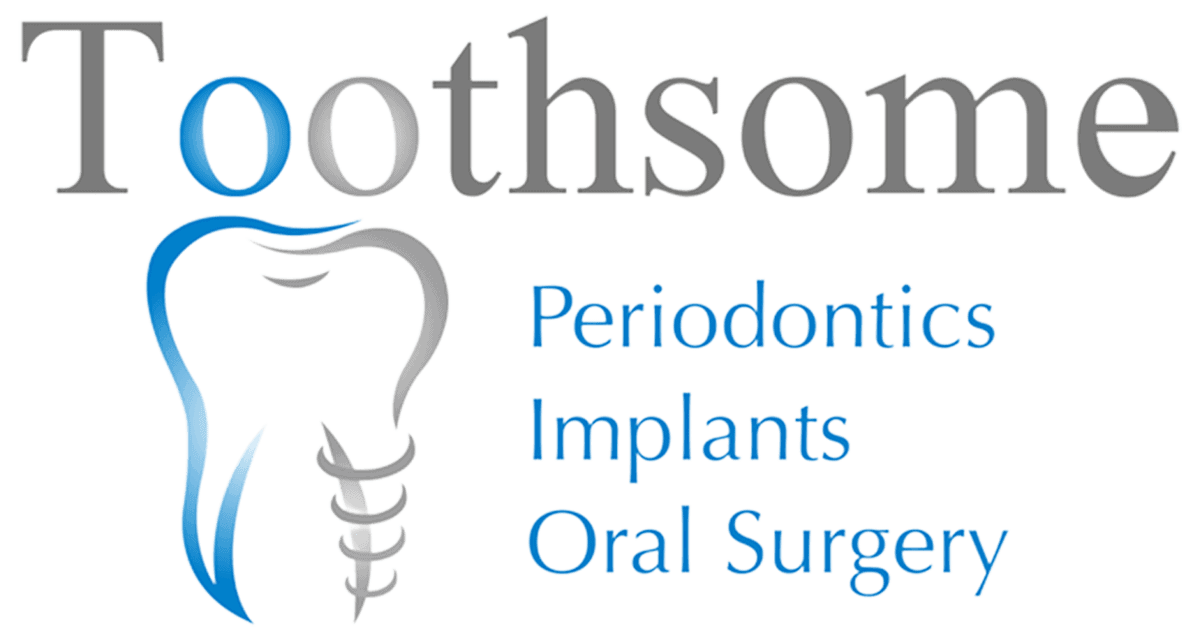Introduction
Dental implants are transformative, offering a lifelike and functional solution for missing teeth. However, like any significant investment, the cost is critical for many Australians. Prices for dental implants in Australia can vary widely, leaving prospective patients wondering about the viability of opting for the cheapest solution. It’s tempting to lean towards the most affordable option. Still, it’s crucial to understand what factors influence these costs and the potential risks and long-term implications of choosing the least expensive route. In this article, we delve into the intricacies of dental implant pricing, unpack the potential pitfalls of cheap dental implants, and reveal why paying a bit more can sometimes be a worthwhile investment for oral health and overall well-being.
Factors Affecting the Cost of Dental Implants
A multitude of factors can influence the cost of dental implants. Understanding these can help you navigate a solution that suits your budget while not compromising quality and safety.
Material and Type of Implant
Dental implants can be made from different materials, such as titanium and zirconia, and the choice between the two can impact the price. Titanium is more common and typically less expensive than zirconia. Moreover, there are several types of implants, including single-tooth, multiple-tooth, and full-mouth implants, each with varying costs due to the extent of work and materials required.
Dentist’s Expertise and Location
The experience and expertise of the dentist performing the implant procedure also play a role in determining the cost. A highly qualified professional with an extensive track record may charge more than a less experienced one. Moreover, the geographical location of the practice can affect the cost, as overheads and living expenses vary across different cities and regions of Australia.
The Complexity of the Procedure
Each patient’s case is unique. Some may need straightforward implant placement, while others may require additional procedures like bone grafts, sinus lifts, or extractions before the implant can be placed. More complex cases that require additional treatments will invariably incur higher costs.
As you contemplate your options for dental implants, it’s crucial to consider these factors. Cheaper is sometimes better, especially when it comes to your health. It’s essential to prioritise quality and safety over cost alone. This ensures your implants last, function optimally, and contribute positively to oral health.
Risks Associated with Cheap Dental Implants
While the allure of low-cost dental implants can be strong, particularly for those on a tight budget, it’s essential to be aware of the risks associated with choosing the cheapest options.
Lower-Quality Materials or Experienced Providers
One of the ways providers can offer cheaper dental implants is by using lower-quality materials or employing less experienced practitioners. Inferior materials may only last briefly or integrate well with the jawbone, leading to potential complications. Likewise, less experienced providers might need the necessary skills and knowledge to handle complex cases or unforeseen challenges, putting your oral health at risk.
Possible Complications or Failures
Low-cost dental implants could also increase the risk of complications or failures. These could range from infection, implant loosening, and nerve damage to implant failure. The risk of complications is generally higher when the provider is less experienced or when inferior materials are used.
Long-Term Costs Versus Initial Savings
While opting for cheap dental implants might seem cost-effective initially, it may lead to higher costs in the long run. If complications arise, remedial procedures or replacement implants may be required, potentially nullifying any initial savings.
Regarding dental implants, the adage “you get what you pay for” holds. Considering the long-term benefits and potential risks is imperative rather than focusing solely on initial costs. By investing more upfront in quality materials and experienced providers, you can avoid potential complications and enjoy a durable, functional, and aesthetic smile for years.
The Value of High-Quality Dental Implants
Investing in high-quality dental implants may incur a higher upfront cost, but the long-term benefits significantly outweigh the initial expense.
Importance of Proper Osseointegration
High-quality dental implants, made from superior materials, are designed to facilitate proper osseointegration – the process through which the implant fuses with your jawbone. This integration is vital for implant stability and longevity. Cheap implants may not osseointegrate as effectively, leading to implant failure or other complications.
Durability and Functionality
Dental implants crafted from premium materials are typically more durable and can withstand daily functions like chewing and biting better than their lower-quality counterparts. High-quality implants are designed to replicate the strength and functionality of natural teeth, providing you with a solution that feels as close to the real thing as possible.
Confidence and Quality of Life Improvements
Well-made, high-quality dental implants are functionally superior and aesthetically pleasing. They closely mimic natural teeth, giving you a smile that looks and feels authentic. This can boost your self-confidence significantly and improve your quality of life, making everyday tasks like eating, speaking, and laughing more enjoyable.
While the initial outlay for high-quality dental implants might be greater, their long-term benefits make them a worthwhile investment. When restoring your smile, prioritising quality over cost can lead to better oral health outcomes and improved well-being.
Choosing the Right Dental Implant Provider
Choosing the right provider is paramount as you restore your smile with dental implants. It’s not a decision to be taken lightly. Here are some factors to consider:
Evaluating the Experience and Qualifications of the Provider
Look for a provider with solid experience and relevant qualifications in implant dentistry. This ensures they have the necessary skills to perform the procedure and handle unexpected issues. Ask about their success rate with dental implants, the number of procedures they’ve performed, and whether they participate in ongoing education to stay updated with the latest advancements.
Understanding the Full Costs and Potential Outcomes

It’s crucial to clearly understand the entire treatment plan, including the full costs, potential outcomes, and any risks involved. A good provider will be transparent about these elements and explain them in detail. They should also provide a written treatment plan outlining all costs to avoid unexpected expenses later.
Importance of Post-Procedure Care and Follow-ups
Dental implant treatment doesn’t end with the placement of the implant. Proper aftercare and regular follow-ups are essential for long-term success. Choose a provider who emphasises post-procedure care and is committed to monitoring your progress after the procedure.
Remember, while cost is important, the cheapest option is not always the best for your health. Strive to find a balance between affordability and quality of care. Your smile is an investment, so ensure you’re putting it in the hands of someone capable and trustworthy.
Conclusion
In conclusion, navigating the journey to restore your smile with dental implants involves carefully balancing cost and quality. While budget constraints are a real consideration for many, it’s vital to remember that your oral health and well-being are at stake. Choosing the cheapest option might be tempting, but it’s essential to consider the potential long-term implications, such as complications, further treatments, and the overall quality of life. High-quality dental implants, placed by a well-qualified and experienced provider, can provide a durable, functional, and aesthetically pleasing solution to enhance your life significantly. They may come with a higher upfront cost, but the long-term benefits make it a worthwhile investment for oral health and self-confidence. Before making a decision, consult with our trusted dental professionals at Toothsome Implants Chatswood. They can provide an individual assessment based on your unique needs and circumstances, explaining the costs, potential outcomes, and any risks involved. Remember, every patient is unique, and what works best for one person might not be the best solution for another. Your journey to a brighter, healthier smile is an important one. Make it count by prioritising quality and long-term benefits over initial costs. With the right information and professional guidance, you can make an informed decision that will serve your oral health and confidence for years.
Note: Any surgical or invasive procedure carries risks. Before proceeding, you should seek a second opinion from an appropriately qualified health practitioner.




